University of Strathclyde - Strathclyde’s Global Student – Using Vertically Integrated Projects to make a difference through ‘useful learning’
By 2025 it is reported that the global student population in FHE will reach over 260 million. Undergraduate students represent a force that is ready and waiting to be mobilised; to apply their new-found knowledge and skills NOW; and shape a sustainable future for themselves and all of us.
This is the guiding principle for the University of Strathclyde’s credit-bearing “Vertically Integrated Projects for Sustainable Development” (VIP4SD) programme. The programme uses the “Vertically Integrated Projects” approach to Research-Based Learning that emerged from Georgia Institute of Technology, as a mechanism for embedding Research-Based ESD in our undergraduate curricula.
The VIP4SD programme provides a platform for staff and students to partner with each other in setting up and running SDG-based research teams. Given the nature of the SDGs, each team is interdisciplinary, requiring partnership and collaboration between staff/students from different faculties, but also vertically integrated – consisting of a blend of students from all stages of study (i.e. years 1 to 5). This model allows research teams to outlive the academic lifecycle of any one student; gives students the time and freedom to develop expertise in a field; builds on the output of previous generations of students; and ultimately tackle the longer-term, multidisciplinary research challenges underpinning these interconnected Global Goals.
VIP4SD projects range from the development of new tools for drug discovery, i.e. new antibiotics (SDG3); Development of STEM reasoning skills in schools located in areas of deprivation at home and in Sub-Saharan Africa (SDG4); Developing new energy solutions for the 1 billion of the world’s people currently living without clean and affordable electricity (SDG7).
Strathclyde is therefore challenging its students to work together as one to contribute NOW to the UN SDGs. By embedding Research-Based ESD in undergraduate curricula, this offers a platform to inspire, educate, equip and mobilise our undergraduate population to engage proactively with the SDG agenda now, and be constructive in helping our global society meet the challenges of sustainable development moving forward
Top three learnings:
- Start small and build – convince those who need convincing by doing!
- Work with like-minded people and the others will follow in time!
- Follow the (other) 3 P’s - Be passionate, persistent and proactive!
Videos




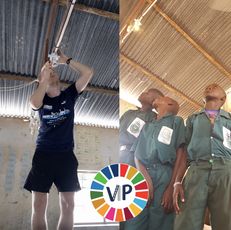
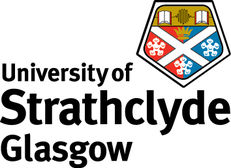
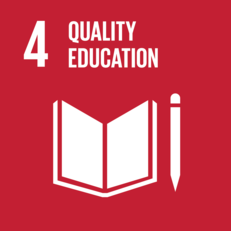
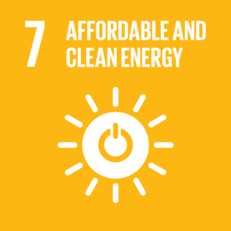
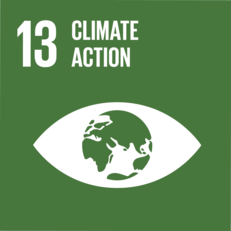
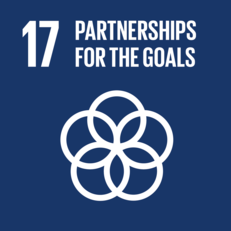

 Except where otherwise stated, content on this site is
licensed under a Creative Commons Attribution 3.0 License.
Except where otherwise stated, content on this site is
licensed under a Creative Commons Attribution 3.0 License.
